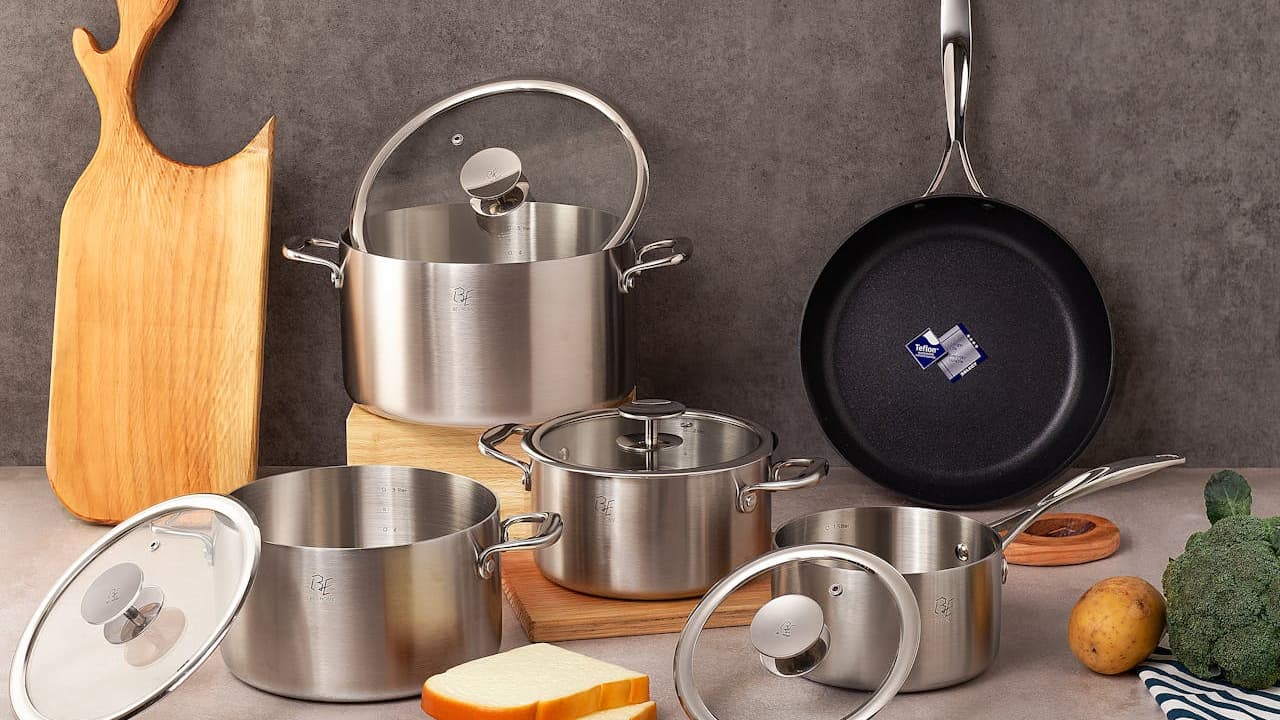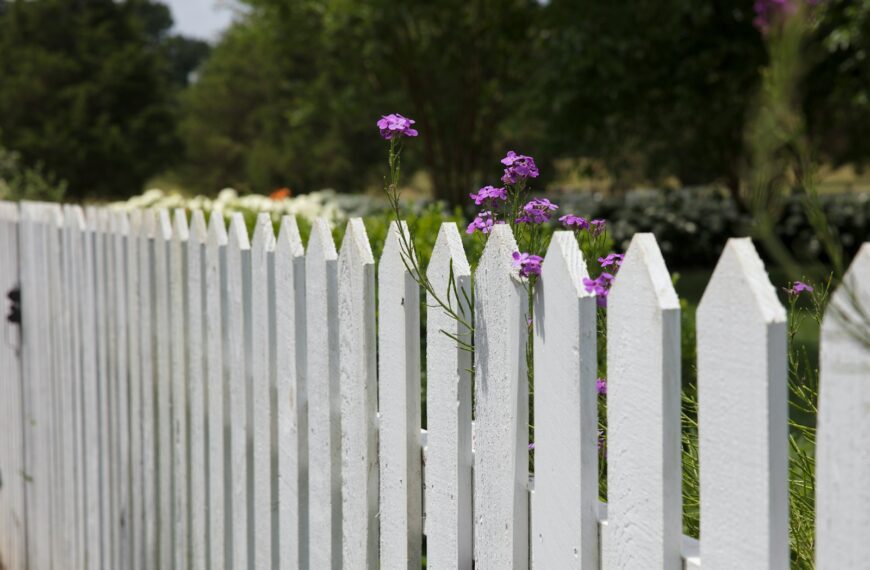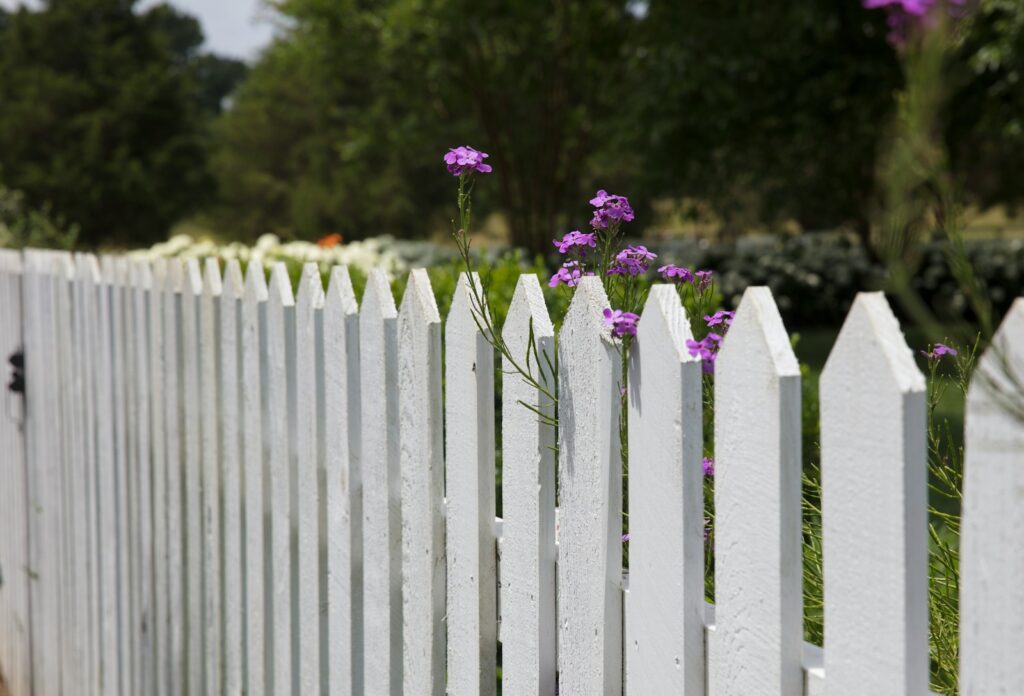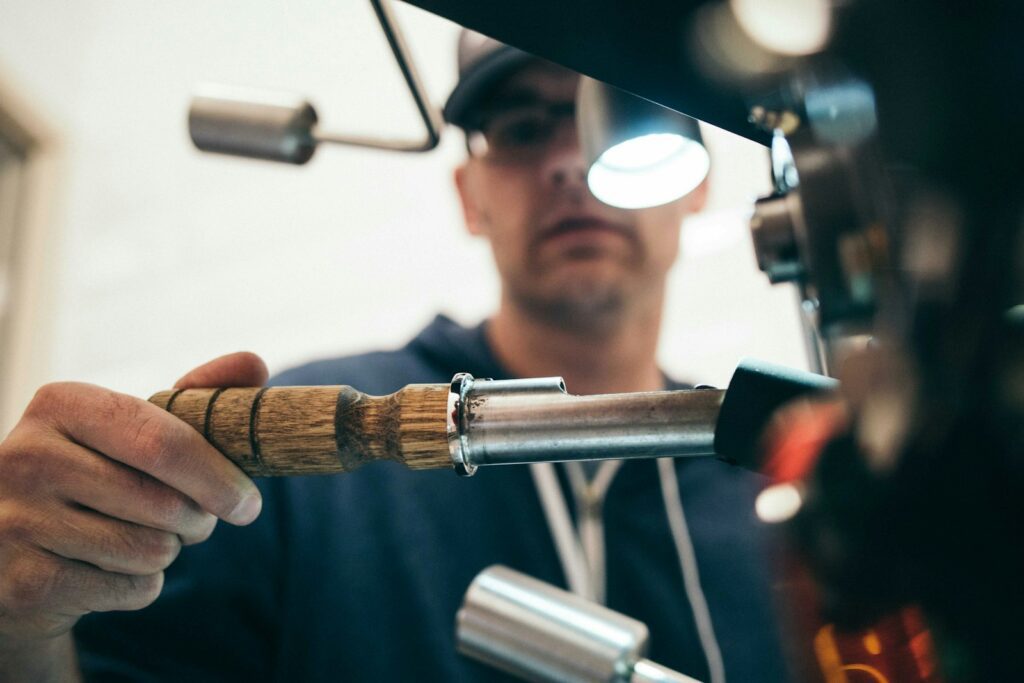Vinegar is a popular, natural cleaning option that many people reach for around the house. It’s effective for removing stains, deodorizing, and cutting through grime, making it a handy tool in your cleaning routine. However, not every surface or item benefits from vinegar’s acidity.
Knowing what you should never clean with vinegar can save you from damaging your belongings and wasting effort. Using vinegar on the wrong materials can cause harm or reduce their lifespan, so being careful about where and how you use it is important.
Hardwood Floors

You should avoid using vinegar to clean your hardwood floors. The acid in vinegar can dull or damage the finish over time.
Using vinegar may strip away protective wax and dry out the wood, leaving your floors cloudy or sticky. Instead, choose a cleaner made specifically for hardwood floors to keep them looking fresh and protected.
Granite Countertops

You should avoid using vinegar on your granite countertops. The acidity can wear down the sealant that protects your stone.
Over time, this can dull the finish and even lead to discoloration. Using vinegar regularly might damage the smooth, polished surface you want to maintain.
Stick to gentle, pH-neutral cleaners to keep your granite looking its best without risking damage.
Marble Countertops

You should avoid cleaning your marble countertops with vinegar. Its acidity can eat away at the stone’s surface, causing dull spots and permanent damage.
Instead, use a mild soap and a soft cloth to keep your marble looking its best. This gentle approach helps protect the natural beauty of your countertops over time.
Regularly sealing your marble can also prevent stains and damage, making cleaning easier and safer.
Unsealed Wood

You should avoid using vinegar on unsealed wood. Vinegar is acidic and can soak into the wood fibers. This can cause the wood to swell, warp, or even crack over time.
If your wood is unfinished or unsealed, vinegar might also leave a lingering smell. Instead, try using a cleaner specifically made for unsealed wood to protect your surfaces. This helps keep your wood looking great without damage.
Cast Iron Pans

You should avoid cleaning cast iron pans with vinegar. The acidity in vinegar can strip away the seasoning that protects your pan and keeps it non-stick.
Instead, use hot water and a brush or coarse salt to scrub your pan. After cleaning, re-season it to maintain its surface and prevent rust.
Taking care of your cast iron like this will help it last longer and perform better every time you cook.
Aluminum Cookware

You should avoid cleaning aluminum cookware with vinegar. The acid can cause discoloration and tiny pits in the metal. This reaction weakens the cookware over time and affects how it looks.
If you want to keep your aluminum pots and pans in good shape, use mild dish soap and warm water instead. This will clean them safely without damaging the surface.
Television Screens

You should avoid using vinegar to clean your television screen. The acid in vinegar can damage the screen’s protective coating. This may cause cloudiness, streaks, or reduce the anti-glare effect.
Instead, use a soft microfiber cloth specifically designed for electronics. If needed, lightly dampen the cloth with water. This helps keep your screen clear without risking damage.
Smartphone Screens

You should avoid using vinegar to clean your smartphone screen. The acid in vinegar can damage the protective coating, causing cloudiness and reducing clarity.
Instead, use a microfiber cloth or a cleaner specially made for electronics. Gently wiping your screen this way keeps it safe and looking clear.
Computer Monitors

You should avoid cleaning your computer monitor with vinegar. Vinegar can damage the protective coating on the screen.
Using vinegar may cause reduced clarity and affect how your display looks over time. Instead, use a microfiber cloth and a screen cleaner designed specifically for electronics.
This approach helps keep your monitor clear without risking damage.
Anti-Glare Coated Glass

You should avoid using vinegar on anti-glare coated glass, like screens on phones, tablets, or car infotainment systems. The acid in vinegar can damage the special coating that reduces glare and fingerprints.
If you clean these surfaces with vinegar, you risk dulling or stripping the coating. Instead, use a soft cloth with water or cleaners made specifically for screens to keep them clear and protected.
Natural Stone Tiles

You should avoid using vinegar on natural stone tiles like granite, marble, and slate. The acidity can eat away at the surface, leaving your tiles dull or etched.
If your stone tiles have a sealant, vinegar can break it down, making the tiles more vulnerable to damage. Instead, use a cleaner made specifically for natural stone to keep your floors looking their best.













